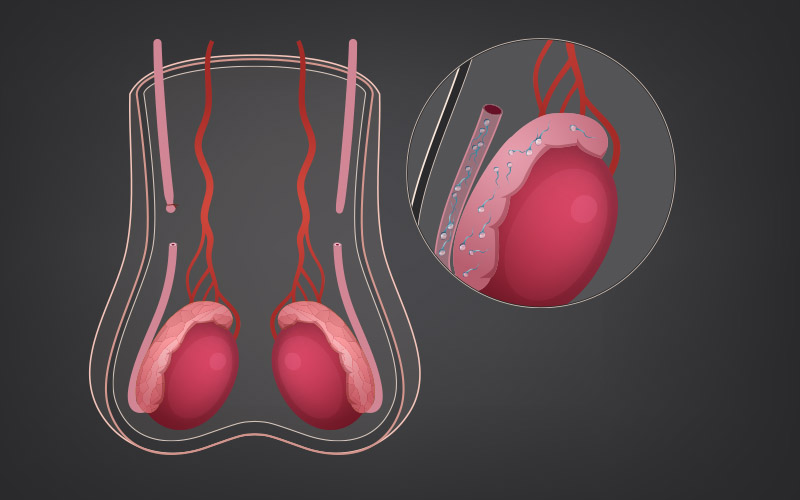Urology focuses on health concerns related to the urinary tract and the male reproductive system. If you are seeking long-term birth control, a vasectomy is a topic to discuss with a urologist. The procedure targets the male reproductive anatomy and is a standard option for family planning. Here is more information about a vasectomy procedure and how long it lasts:
Procedure Is Typically Permanent
A vasectomy is a minor surgical procedure that provides permanent birth control for men. Some men decide after their families are complete, while others choose not to have children. The operation works by cutting or blocking the tubes (vas deferens) that carry sperm.
Some people may choose to revisit permanent choices later. Still, the intent behind a vasectomy is for it to last throughout life, since it is not designed for short-term contraception. Patients and doctors have a thorough discussion before proceeding, and this conversation includes an honest discussion about long-term results.
Reversing a vasectomy is more complicated than the original surgery. Those who opt for a vasectomy are typically certain about not wanting more children, so doctors discuss long-term effects in detail. While circumstances change and life can be unpredictable, the procedure itself is carried out as a final choice regarding fertility. Doctors typically provide practical information about recovery, as well as any long-term considerations that might arise later.
Reversal Not Guaranteed
Vasectomy reversal procedures in urology are available, but do not guarantee success. These operations involve reconnecting the previously cut or blocked vas deferens in hopes of restoring fertility. Various factors can influence the likelihood of a successful reversal, depending on individual circumstances and conditions.
The chances of success may depend on how long ago the original procedure was performed, and the longer the time, the more challenging it may be. A reversal is more intricate than the initial vasectomy because it requires advanced microsurgical techniques and steady hands. Outcomes naturally vary from person to person.
Procedure Prevents Children
After a vasectomy, sperm do not mix with semen because their path is blocked. This means that fertilization of an egg will not happen during sexual activity since sperm cannot reach it. As a form of birth control, a vasectomy does not cause changes to normal sexual function. Men will notice that the procedure does not affect:
- Sex drive
- Ability to have an erection
- Sensation of an orgasm
Procedure Is Effective
Vasectomies have a high rate of success in preventing pregnancy, with only rare failures. Doctors usually recommend follow-up semen tests to check for any remaining sperm after the procedure. These tests serve as an extra confirmation step, typically showing no sperm in the sample after the operation.
Find a Urology Clinic
If you are weighing the decision to have a vasectomy, meeting with a urologist is a practical first step. These specialists explain every part of the process and set clear expectations about both the procedure and recovery. To get accurate information and discuss your choices openly, reach out to a local urology clinic for a consultation and advice.









